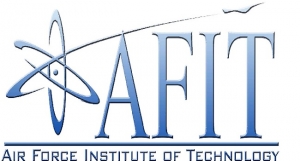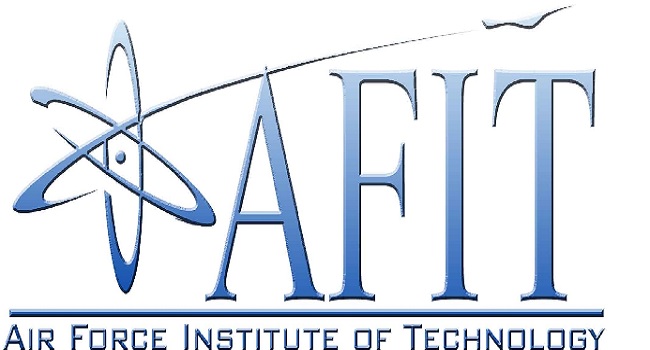
At a news briefing ahead of the institute’s 44th Convocation Ceremony coming up on Friday, the Commandant noted that the growing wave of bombings by the Boko Haram members in the north-east, requires more researches and innovations of modern equipment and technologies to tackle the challenge.
Mr Adokwe announced that the institute had developed two unmanned Ground vehicles that could dictate Improvised Explosive Devices (IED) at any location.
The unmanned ground vehicle developed by the institute was designed to dictate and pick up the IED to safer locations for disposal.
It was produced by students of the Armament Engineering Department in 2012 and later modified to a higher level called unmanned ground vehicle type II.
The device has a frequency jammer to distort GSM signals and also a time run of four hours.
The Commandant also explained that the institute had equally commenced research into the development of a Light Surveillance Aircraft that would be in conformity with the climatic temperature of Nigeria and the West African region.
Since inception, the AFIT had graduated about 5,000 persons, including personnel of the Nigerian Army, Air Force, Navy and civilians.
The number includes foreign students from the Armed Forces of the Republic of Benin, Zimbabwe, Niger, Ghana and Sierra Leone.
According to the Commandant, a total of 400 students, comprising personnel of the Nigerian Army, Navy, Air force, Ghanian Air force and civilians from the general public would be graduating in Master of Science, Post Graduate Diploma, Higher National Diploma and National Diploma Programmes.
The graduates had undergone training in different field of engineering technology.
While reeling out other achievements recorded so far by the institute, Mr Adokwe lamented that the major challenge the school was facing was inadequate funding.
The AFIT is structured into three schools: School of Air Engineering, School of Ground Engineering and Management Studies and the School of Postgraduate studies, which coordinates the various postgraduate programmes in the other schools.



